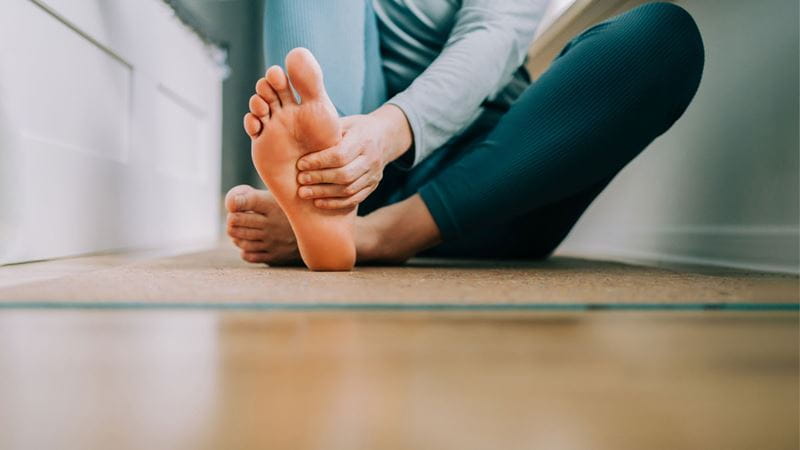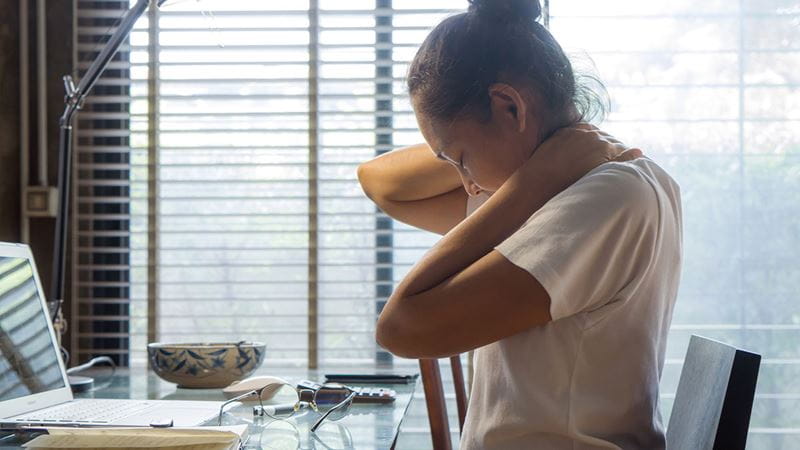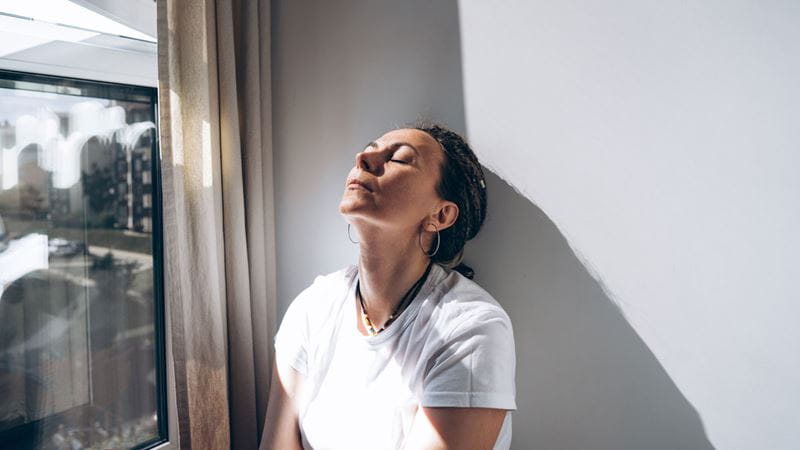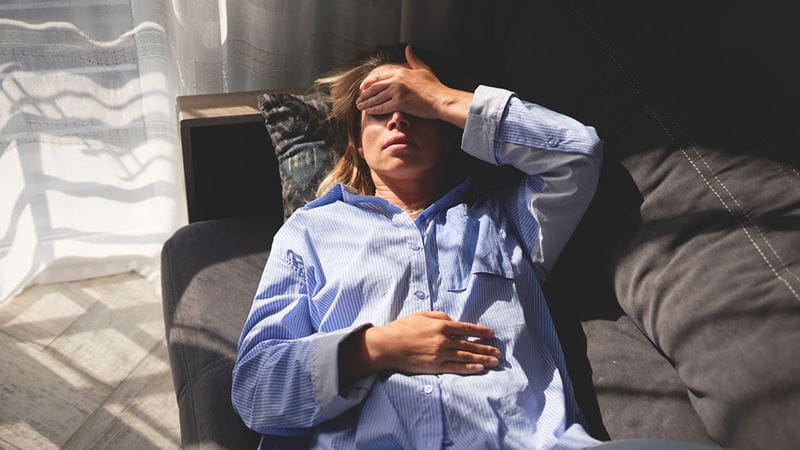
HBF Blog
From real member stories to trusted investigations into different cover options, we’ve carefully curated these articles to help you get the best cover for your health and the things that matter to you.

Meet your health savvy self
We’re setting you up with the research, resources, and really important questions you need to navigate your health journey with confidence.

Year after year our socks are knocked off at the incredible families running.
9 February 2026

Cross training isn’t just a buzzword, it’s a proven strategy for better running and a great mental refresh.
9 February 2026

The start of the year brings grand plans and goals, and after a summer of social events and celebrations, drinking less may be the plan.
9 February 2026

You’ve got your training plan in motion, your diet dialled but have you thought about your mental preparation?
8 February 2026

Here’s a practical guide to meals and snacks for training days and race day, designed by CSIRO dietitians.
29 January 2026

What you eat can be the difference between feeling strong ... and hitting the wall.
28 January 2026

We’re about to put the spice in your step this festive season with this Christmas Quookie recipe.
16 December 2025

Silly season is just a sleighride away, and while the increase in socialising might be fun for some.
2 December 2025

A guide for Gen Y to lessen the mental load of adulting.
26 November 2025

Whether you’re pounding the pavement, chasing after kids, or just trying to get through a workday, foot pain can stop you in your tracks.
16 November 2025

From desk jobs and long commutes, to stress and poor sleep, neck and shoulder pain is something many of us know all too well.
16 November 2025

Stress isn’t just “in your head.” It’s a whole-body experience, with real physical effects.
16 November 2025

Whether it’s a dull ache behind your eyes or a throbbing pain that ruins your day.
10 November 2025

If you’ve ever woken up with a sore jaw, a headache, or noticed yourself clenching during the day.
10 November 2025

What’s the best health cover for you and your family?
5 November 2025